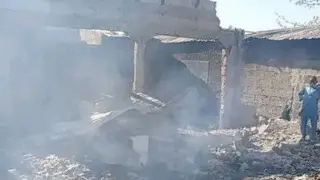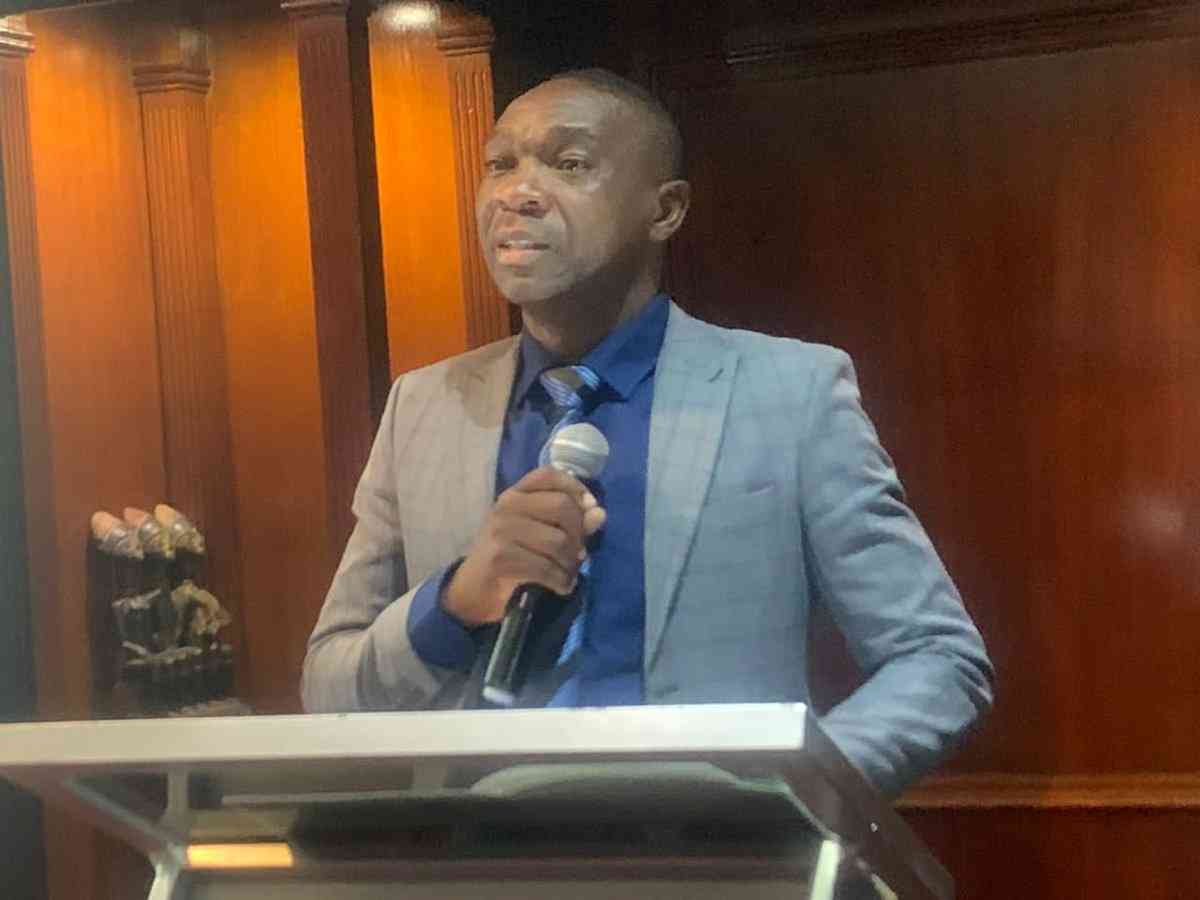TSHOLOTSHO – Tsholotsho is a district in Matabeleland North province that is in desperate need of Community Childcare Workers (CCWs) to augment government’s efforts to avail welfare and identity documents to children from vulnerable communities who are mostly victims of abuse, violence and neglect.
CCWs play a vital role assisting vulnerable families with children facing welfare and identity documentation challenges.
Despite the scarcity of CCWs, Simangele Ndebele has emerged as a volunteer childcare provider for dozens of vulnerable children who are victims of abuse, violence and neglect.
Ndebele and her husband opened their doors to over 35 child survivors of abuse and neglect, despite having limited financial and other resources as well as media exposure.
“In 2010, my husband and I became foster parents after being moved by the large number of abused and neglected children in Tsholotsho who were receiving shelter at the police camp and hospital (local clinic).
“Children are very aware of their surroundings; when they are kept in a police camp, they feel like criminals who have been arrested, and when they are kept in a hospital, they feel like patients.
“For these reasons, my husband and I decided that our home would be a safe haven for victimised children until their case was resolved by social welfare authorities,” Ndebele said.
Last year, the government launched a nationwide mobile registration campaign to help vulnerable groups get identity documents.
In Tsholotsho alone, the government has accomplished 3,542 registrations of children under the age of 16.
Government also made 600 registrations of people beyond the age of 16, and 46 duplicate birth certificates for children under the age of 16.
Director of social development, in the public service ministry, Tawanda Zimhunga, said despite this achievement, some vulnerable communities were still incapacitated to access registration centres.
“For most communities, accessing registration centres is a major challenge as some members of the community are incapacitated to get to the registration centres.
“The government, through the department of social development and with the support of UNICEF, has availed an emergency fund to cater for such vulnerable persons and to ensure they reach centres to register the birth of their children,” said Zimhunga
The Swedish government recently donated US$5.8 million to Zimbabwe through UNICEF to complement the government’s efforts to promote child protection programmes.
There are great expectations that authorities will use the financial resources to try and reach vulnerable communities in remote parts of the country through the civil registration process.
The few CCWs in Tsholotsho encounter transportation issues and are frequently forced to walk long distances to educate vulnerable communities about their children’s rights and benefits for them to have identity documents.
CCWs also face difficulties in providing adequate clothing and nourishment to children placed under foster care.
Most children in foster care homes have sad backgrounds; some were abandoned, victimised, or their parents died without obtaining identifying documentation for them.
“The process of assisting vulnerable children in obtaining identity documents begins with us approaching the child’s parent or guardian and persuading them to go to the registrar’s office to obtain the child’s documents.
“If there is a mobile registration, we encourage them to go there and explain how they came to be the child’s guardian.
“Some of the children are orphans, while others are smuggled into the country from South Africa by Malayitshas (transporters) who would have been hired by their parents, and as CCWs, we engage the current guardian of the child about the rights and benefits of that child having identity documents,” said Ndebele.
Children without identity documents in Tsholotsho are at a disadvantage and tend to be excluded from sporting activities such as football, while some face challenges when they want to register to write their Grade 7 examinations.
The exclusion of children who do not have identity documents has a negative psychological impact on their wellbeing, self-esteem and future.
Limited resources and transportation challenges have, however, not deterred Ndebele from her selfless endeavour to ensure that vulnerable children she can assist can receive the protection, love, and care they deserve.
Ndebele was the first foster parent of Tsholotsho’s 9-year-old girl who made national headlines earlier this year when she became the country’s youngest mother ever.
“I was the pregnant 9-year-old’s first foster parent, and I stayed with her for two months when she was six months pregnant,” Ndebele said.
“We formed a special bond, and when other children from school passed by our compound while she was playing outside, they would shout that she was pregnant.
“She would rush to tell me ‘auntie, the other kids are saying I’m pregnant’, and I would comfort her and tell her ‘no you are not pregnant my dear, they think you are because they think everyone who has a buckling belly is, you have a harmless cyst which can only be removed by the doctors when the time is right’,” Ndebele explained.
Tsholotsho has no orphanage to provide a safe place for children who have been victims of abuse, violence, or neglect.
Ndebele expressed regret that the lack of an orphanage in the district has broken the special relationships she has formed with her foster children, who are transferred to other day-care centres outside of Tsholotsho.
“It breaks my heart that there is no home (orphanage) here in Tsholotsho; if there was, I would closely monitor all of the children I have taken into foster care to see how they are doing in life.
“I form bonds with all of the children I foster, and it hurts me when they leave. There was an eight-year-old youngster in my care who was taken on May 12 to another safe house.
“She was however denied access to a home in Bulawayo, which has a strict policy for children under the age of 12, and I was devastated when she was transferred to Binga, where I will be unable to travel or communicate with her due to network challenges to monitor her progress.
“All of the children I have placed in foster care faced difficulties when they were informed that they were being reassigned to a child care home due to the bond we shared.
“Even the (pregnant) 9-year-old would sometimes cry after being relocated to another safe house, telling her guardians that she wanted to see auntie, and I had to send audios to tell her that I was coming to see her where she was staying to make her feel better,” she said.
















